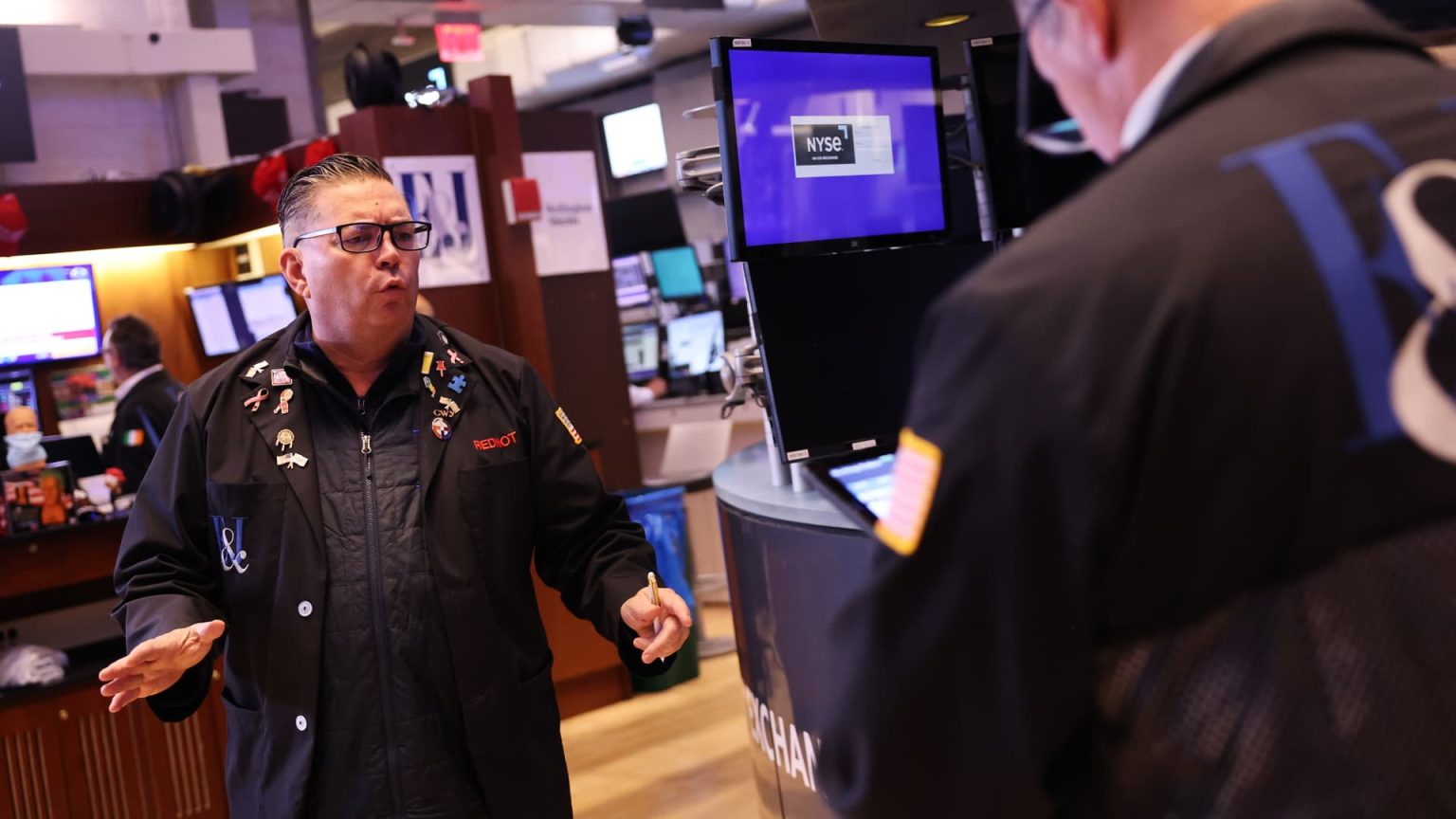With Labor Day behind us and the end of the summer lull on Wall Street, the bears are becoming more vocal as we approach the worst month of the year for stocks. Despite the recent market rout, Jim Cramer is advising investors to “Buy the dip,” although he cautions waiting for the overbought market conditions to subside. With a 10% cash position and a focus on inflation, the Federal Reserve’s impending interest rate cuts, the upcoming election, corporate earnings, geopolitical tensions, and valuations, the CNBC Investing Club is carefully considering its next moves.
Inflation is slowly trending downward, prompting expectations for the Federal Reserve to start an interest rate-cutting cycle. The market is pricing in a high probability of rate cuts, which could support economic growth and the stock market by making it easier for businesses to fund investments and consumers to borrow for large purchases. Additionally, the recent plunge in U.S. oil prices may boost consumer buying power, as oil prices impact the price of gas and are a significant input cost for many companies. Lower energy prices could have a positive effect on both consumers and corporations.
The outcome of the 2024 presidential race may not have as significant an impact on the stock market as some commentators suggest. Historically, the market has reacted positively to both Democrat Joe Biden’s win in 2020 and Republican Donald Trump’s win in 2016, highlighting that market performance is not solely determined by who is in the Oval Office. Instead of focusing on the election, investors should consider the policies each candidate supports and how those policies may impact various sectors. Gridlock in Congress is generally favored by Wall Street for reducing uncertainty in the markets.
Earnings reports from S & P 500 companies have been largely better than expected, with more companies surpassing earnings and revenue estimates. With inflation decreasing and unemployment remaining low, the consumer-driven U.S. economy appears resilient. While the manufacturing sector is under pressure, private consumption makes up a significant portion of GDP. Investors should pay attention to interest rates and employment data, as the consumer’s buying power is increasing with wage inflation outpacing price inflation. Without signs of a recession, economic data and corporate earnings do not indicate a sustained market downturn.
Geopolitical tensions, including conflicts in the Middle East, China’s stance on Taiwan, and Russia’s war with Ukraine, pose risks to the stock market. However, investors should acknowledge these risks and adjust their investments accordingly, rather than avoiding the market entirely. Valuation is a concern for long-term investors, with the S & P 500 trading at about 21 times forward earnings. High valuations can be mitigated by earnings growth or a decline in prices. Despite the current valuation levels, weakness in the market could present buying opportunities with more reasonable valuations based on earnings. Individual companies, such as Advanced Micro Devices, may offer unique opportunities with less extreme valuations.
As a subscriber to the CNBC Investing Club with Jim Cramer, members receive trade alerts before Jim makes a trade in his charitable trust’s portfolio. Jim follows specific guidelines, including waiting 45 minutes after sending a trade alert before executing a trade and waiting 72 hours after discussing a stock on CNBC TV. The information provided by the Investing Club is subject to terms and conditions, privacy policy, and disclaimer, and does not create a fiduciary obligation or guarantee specific outcomes or profits.


